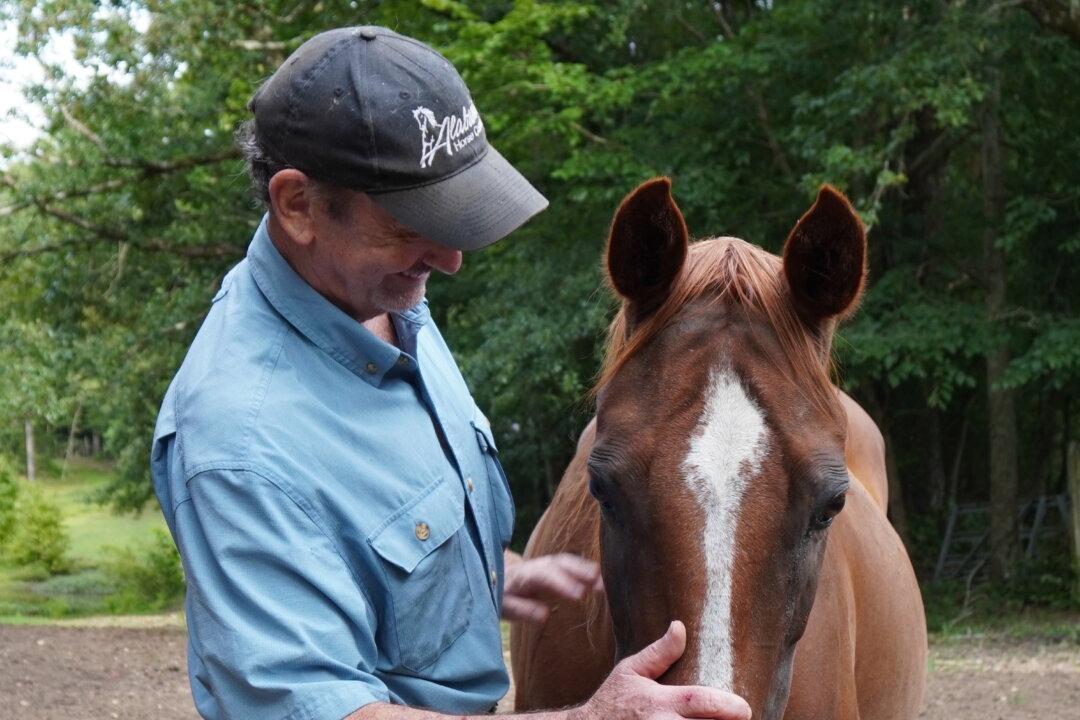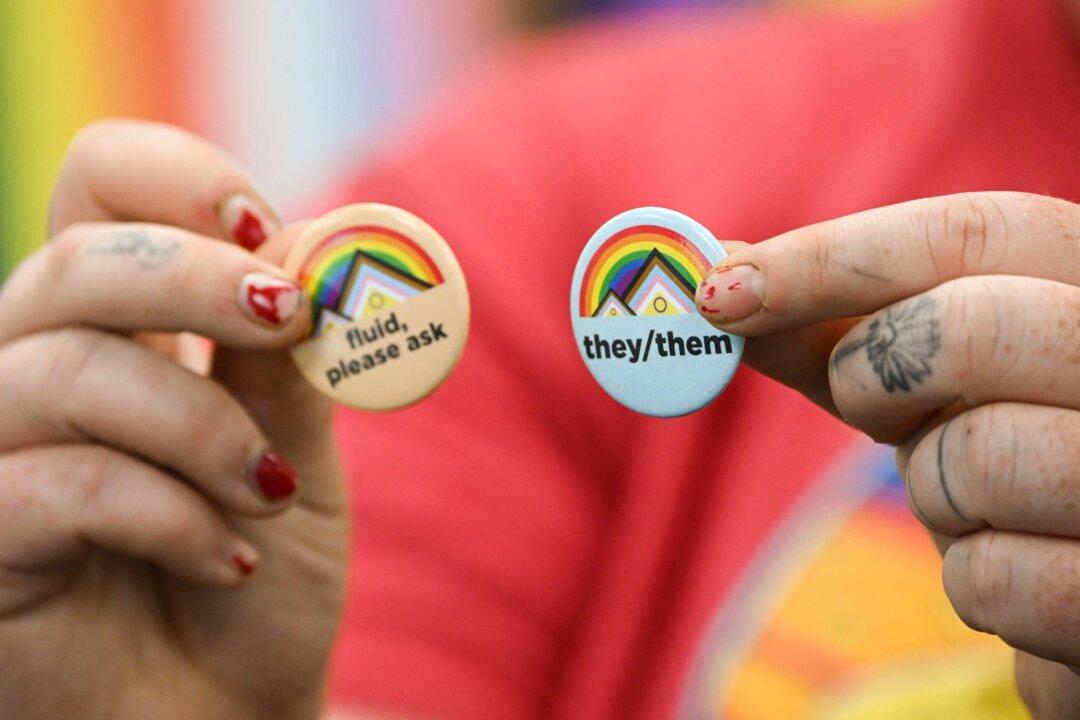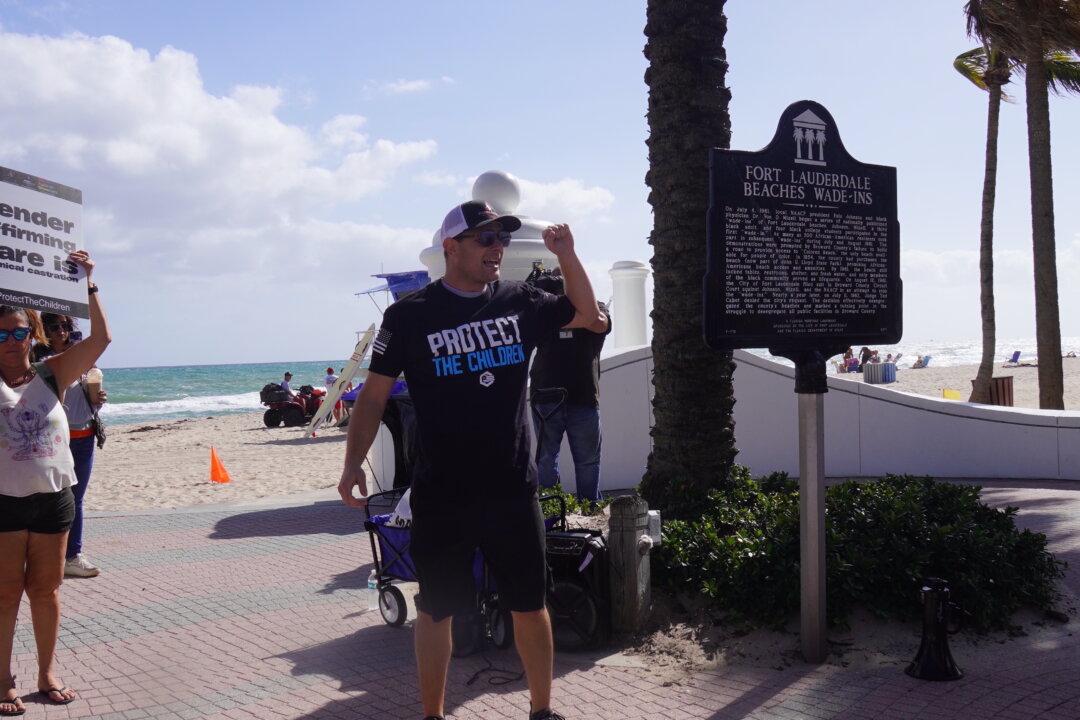JEMISON, Ala.–In the deep woods of Central Alabama lives a real-life Dr. Dolittle. To his family, friends, and acquaintances, he’s David Dyson, and he’s on a mission to save animals and inspire youth through character education.
The driveway leading to the entrance of Compassion Ranch is lined with stately oaks. Taking notice of visitors, horses gallop to the fence line for a closer look. And despite a background of abuse and neglect, they are happy to see people.




